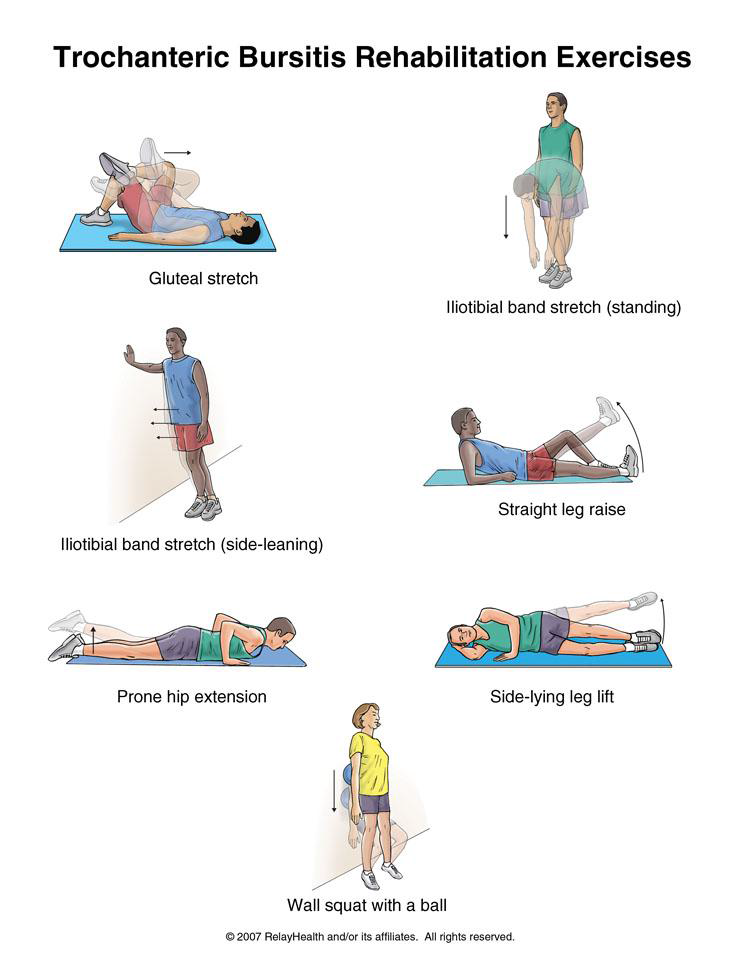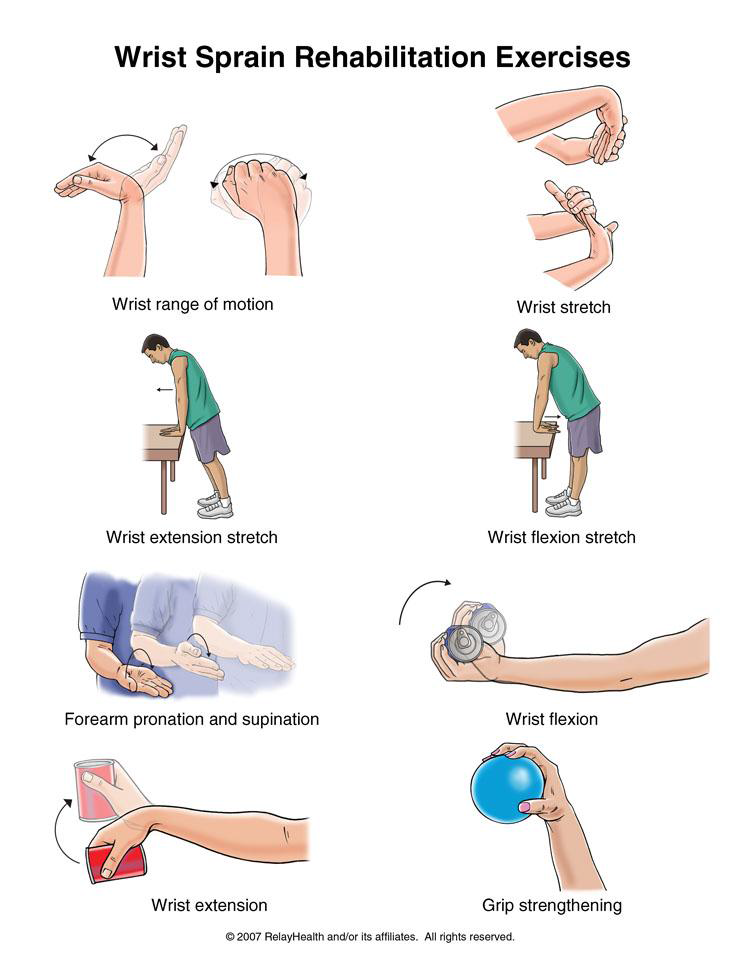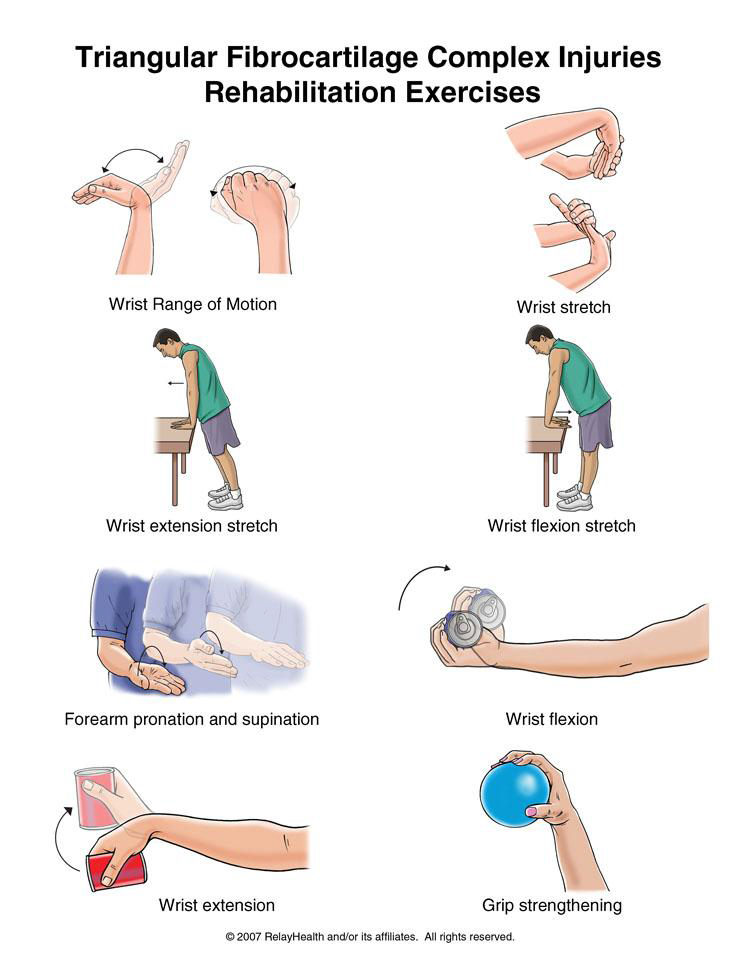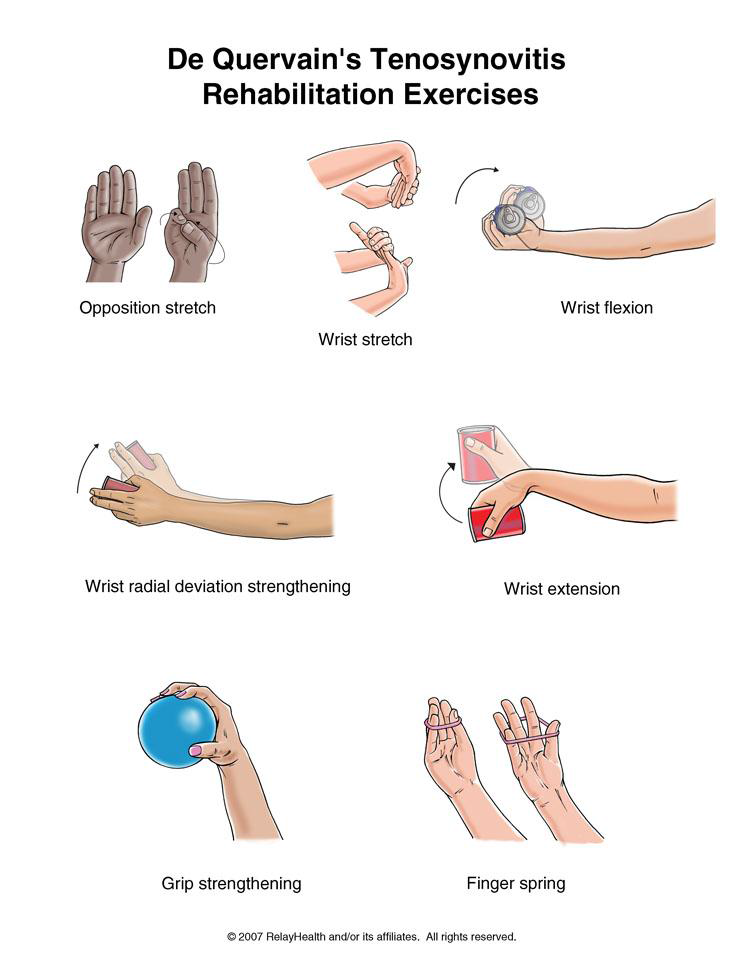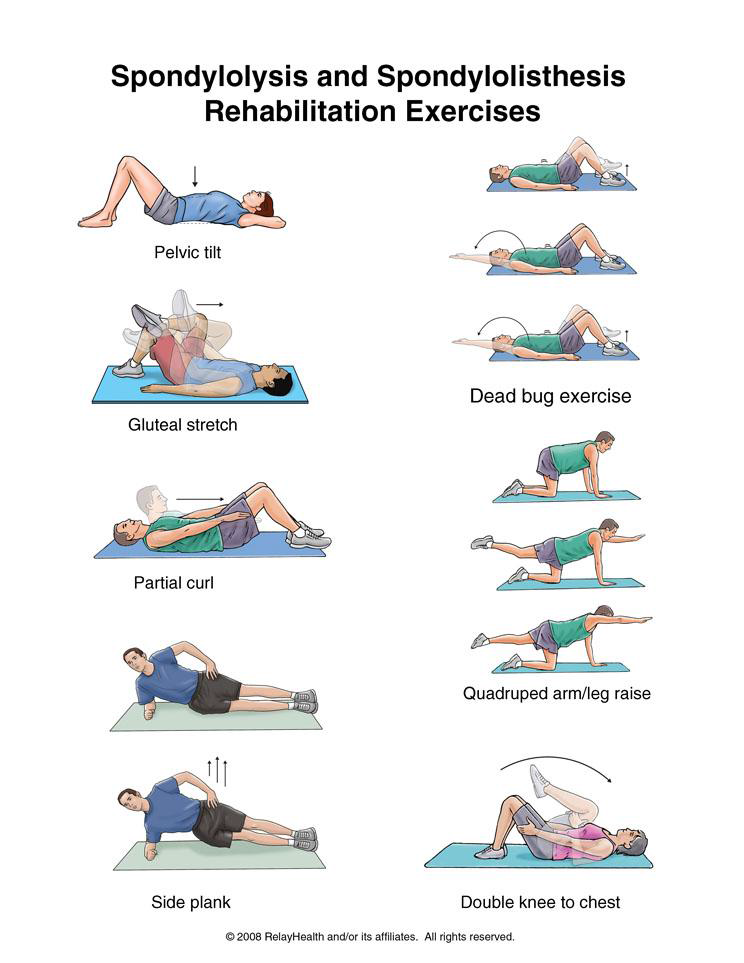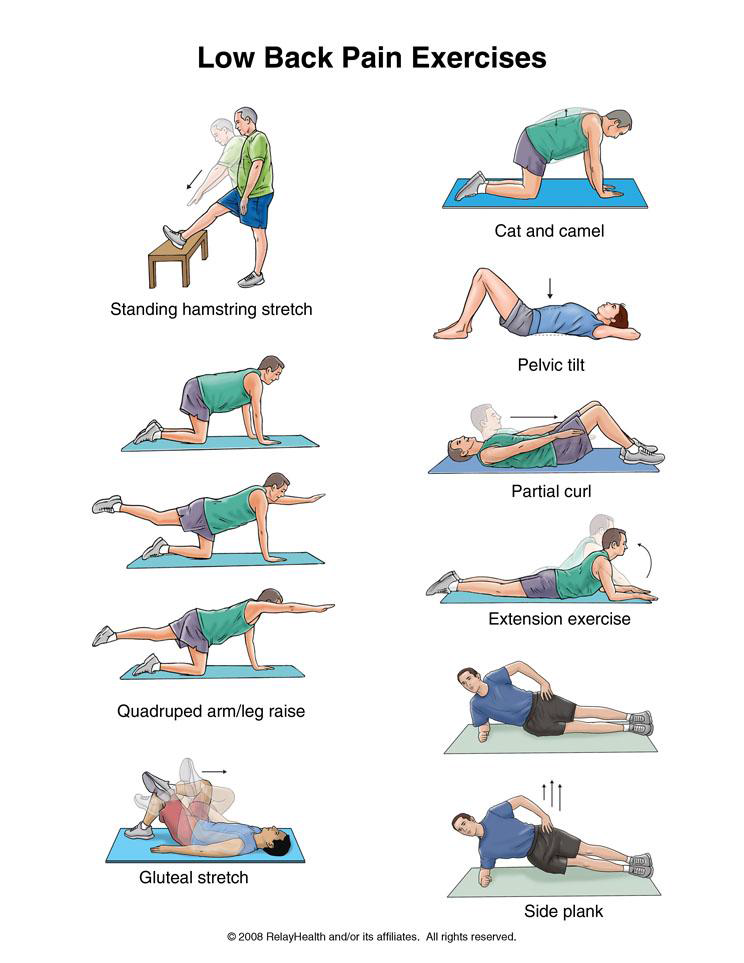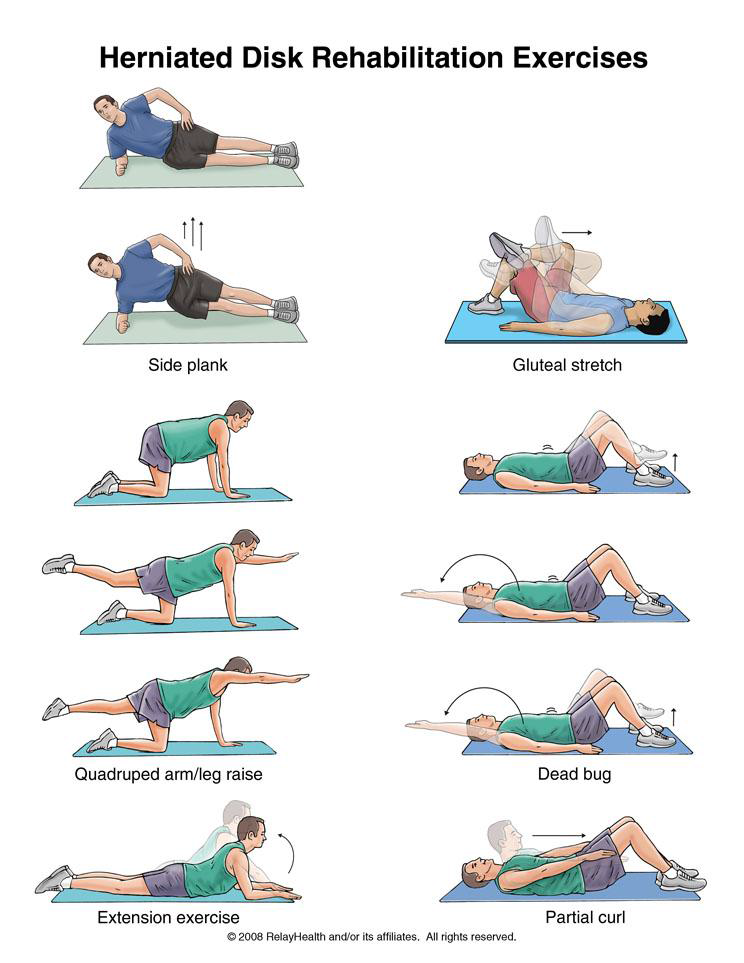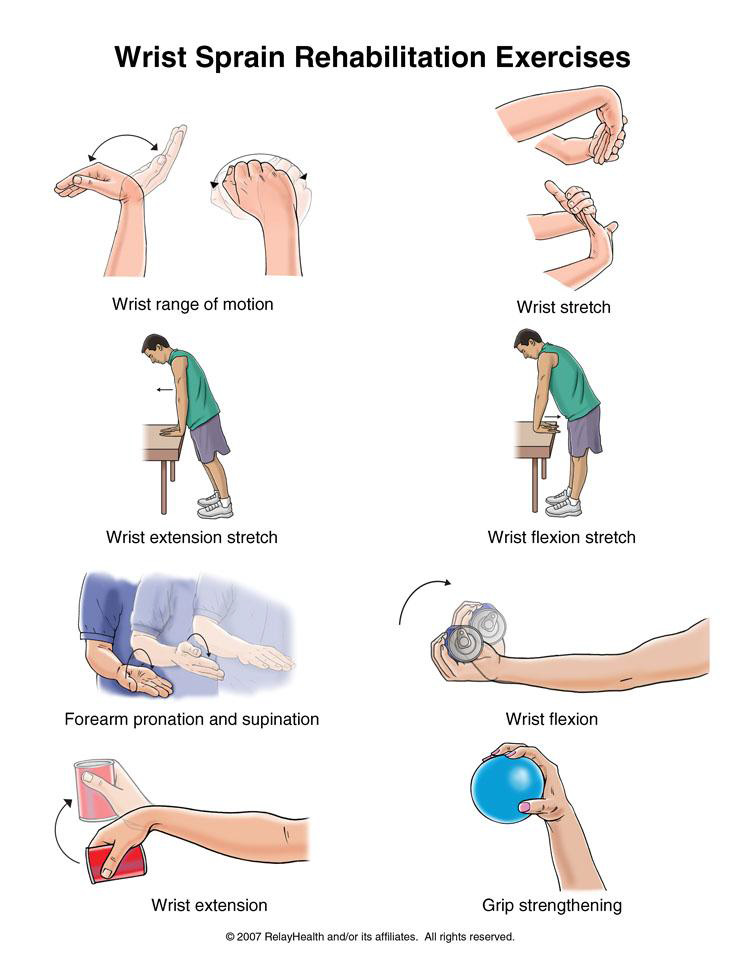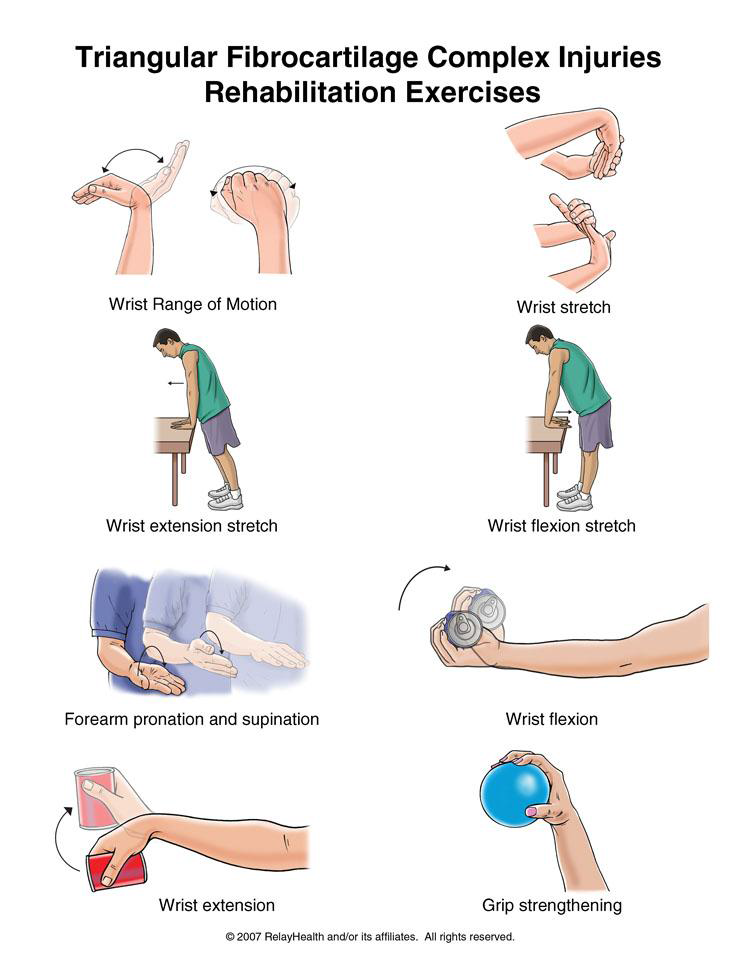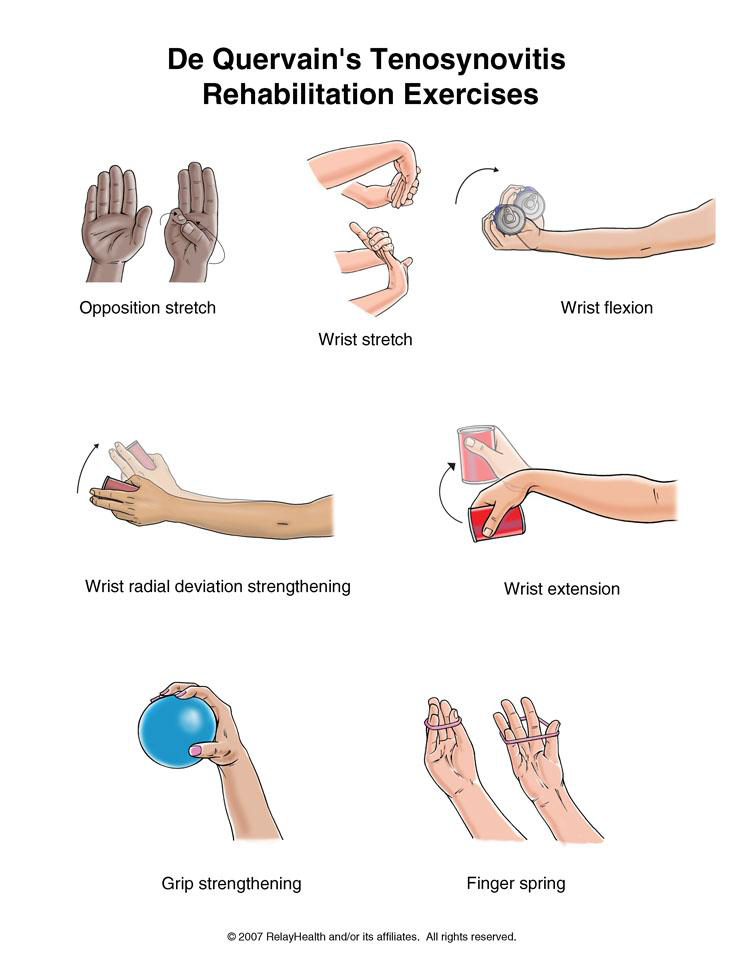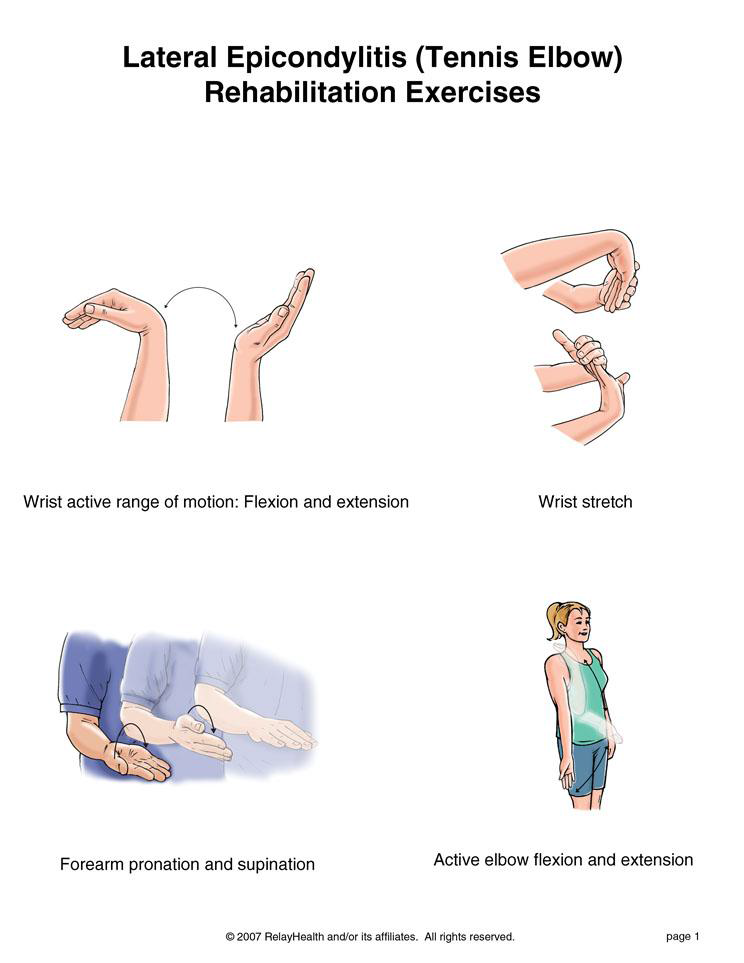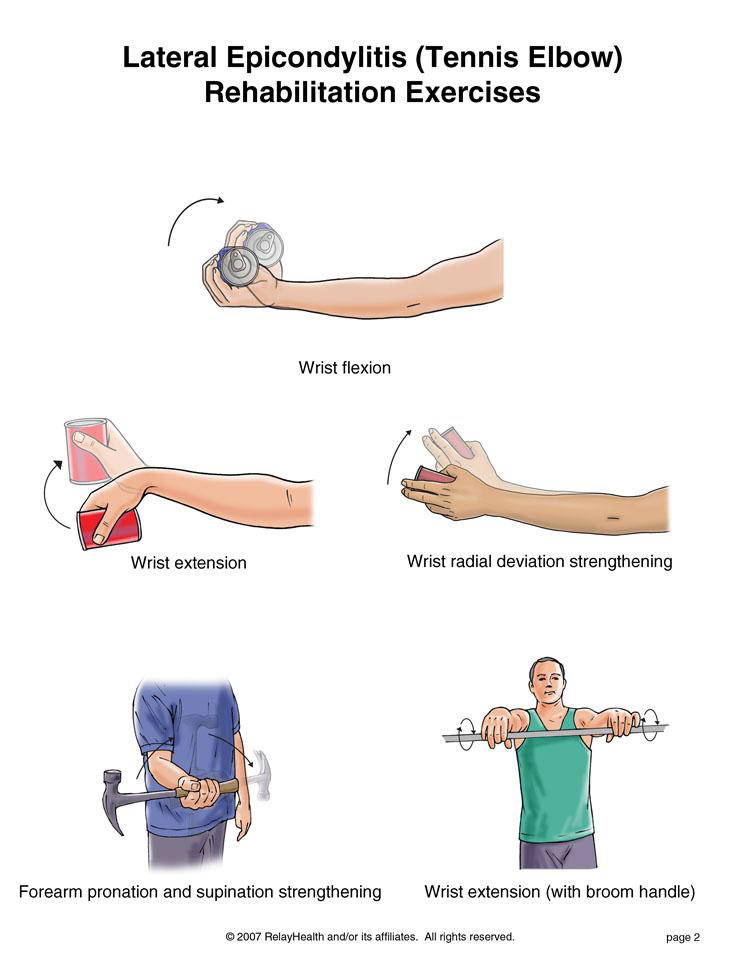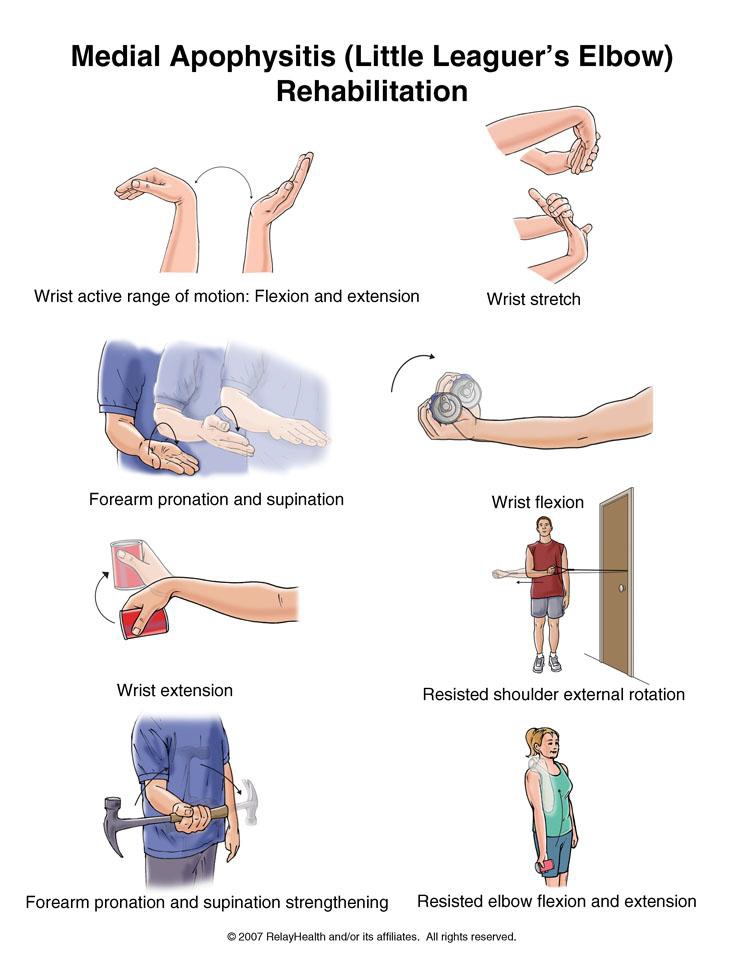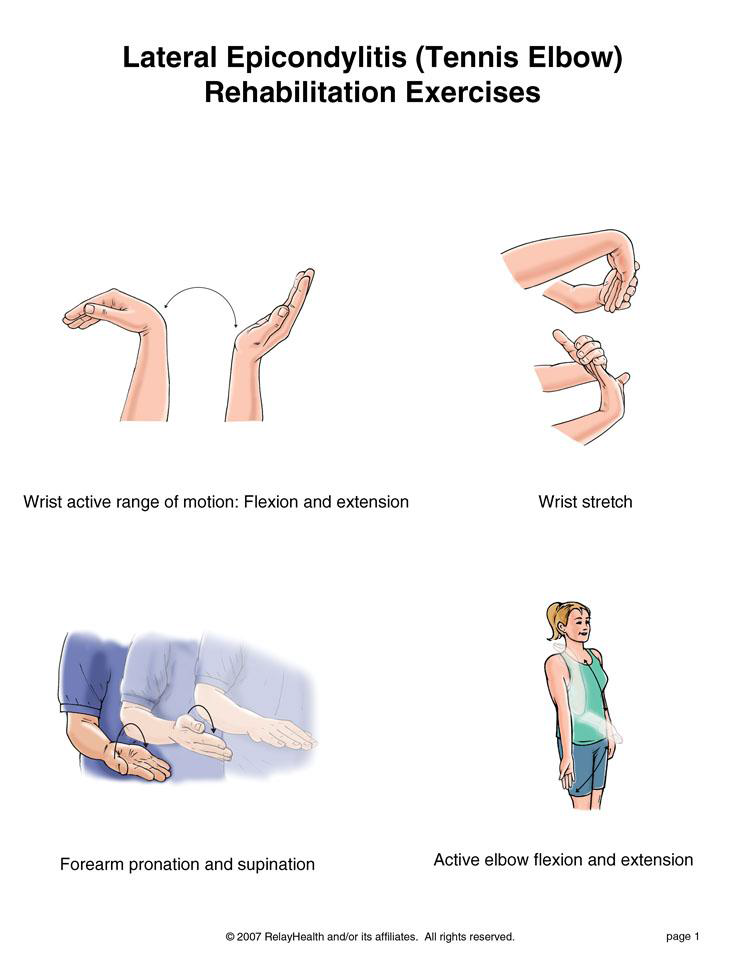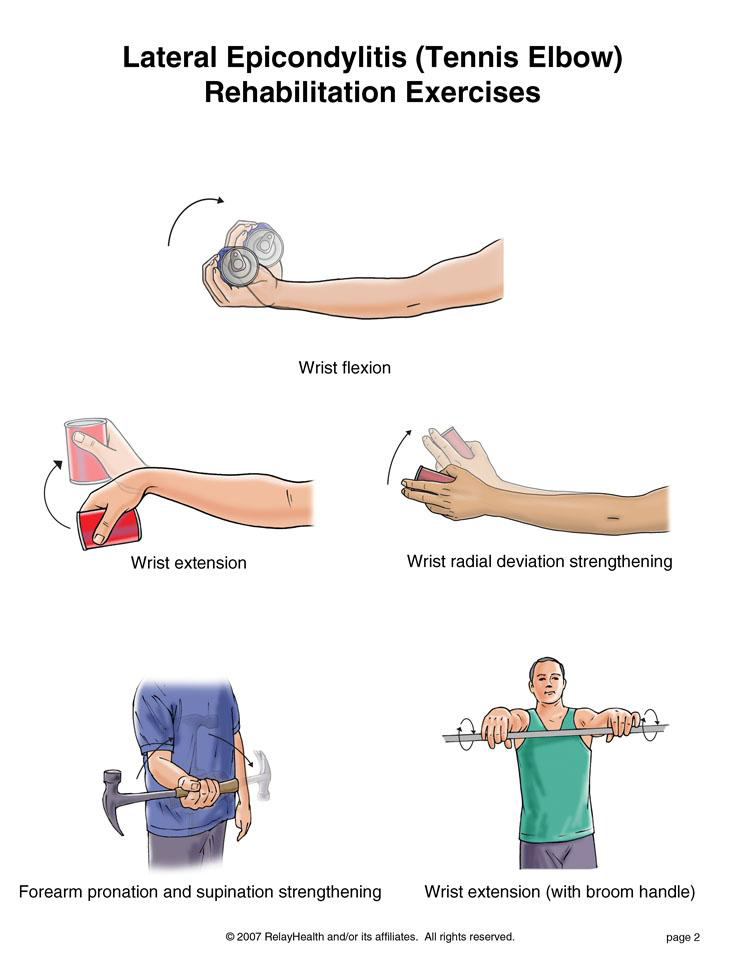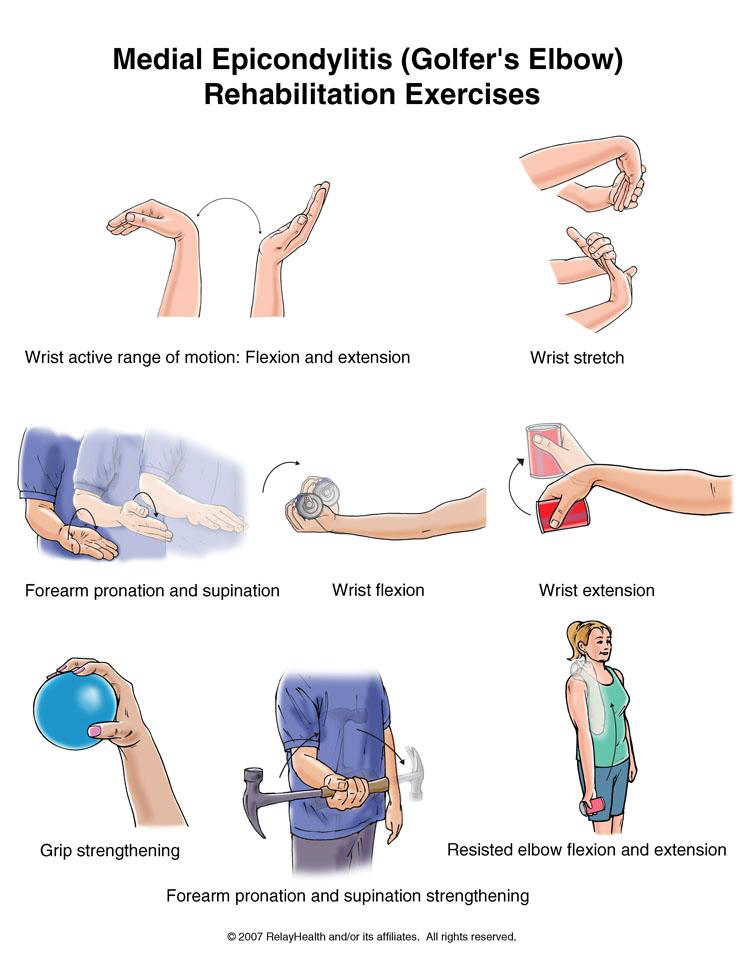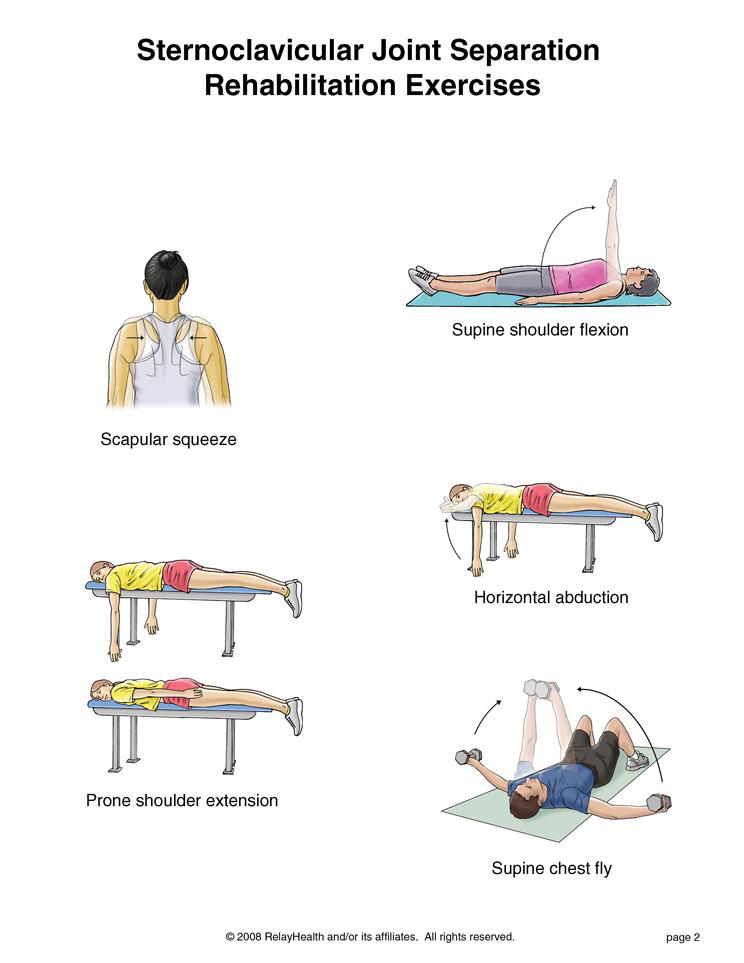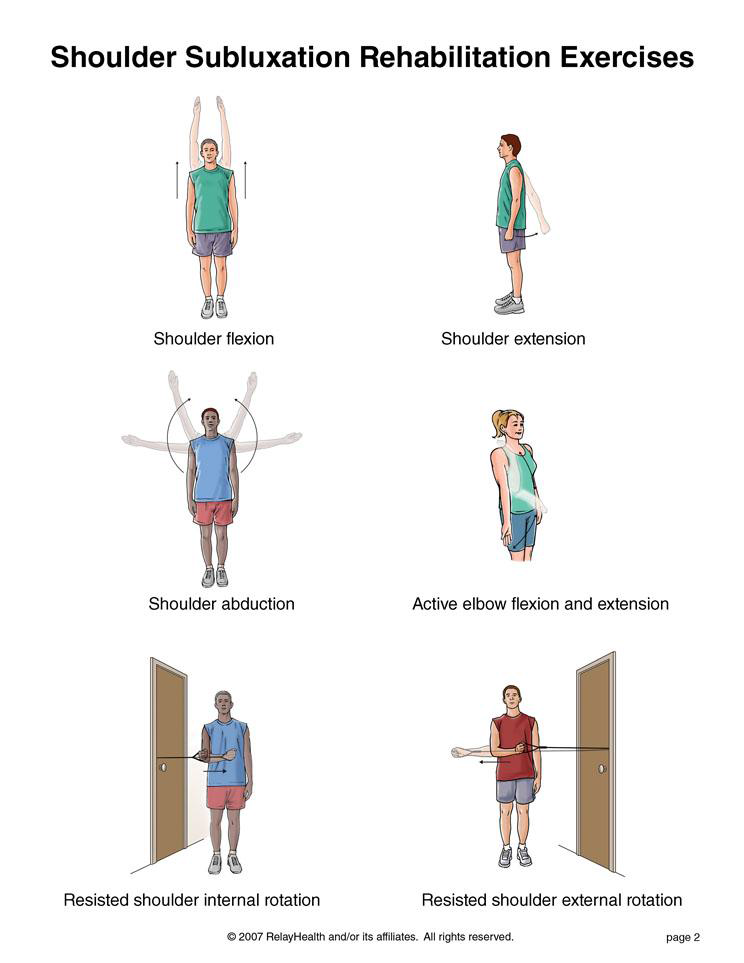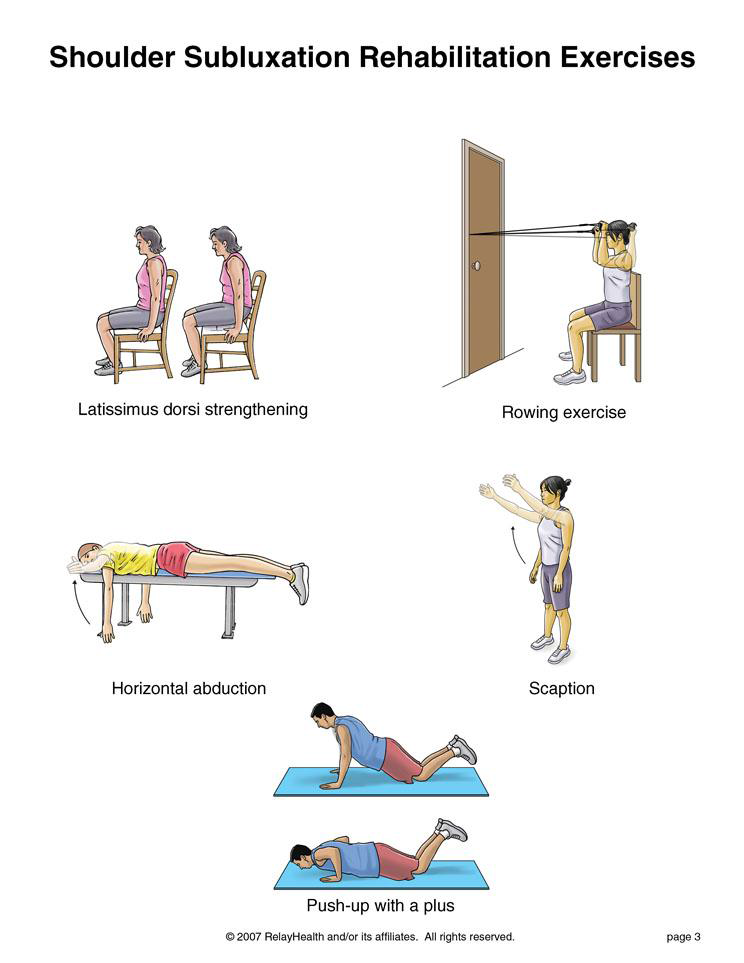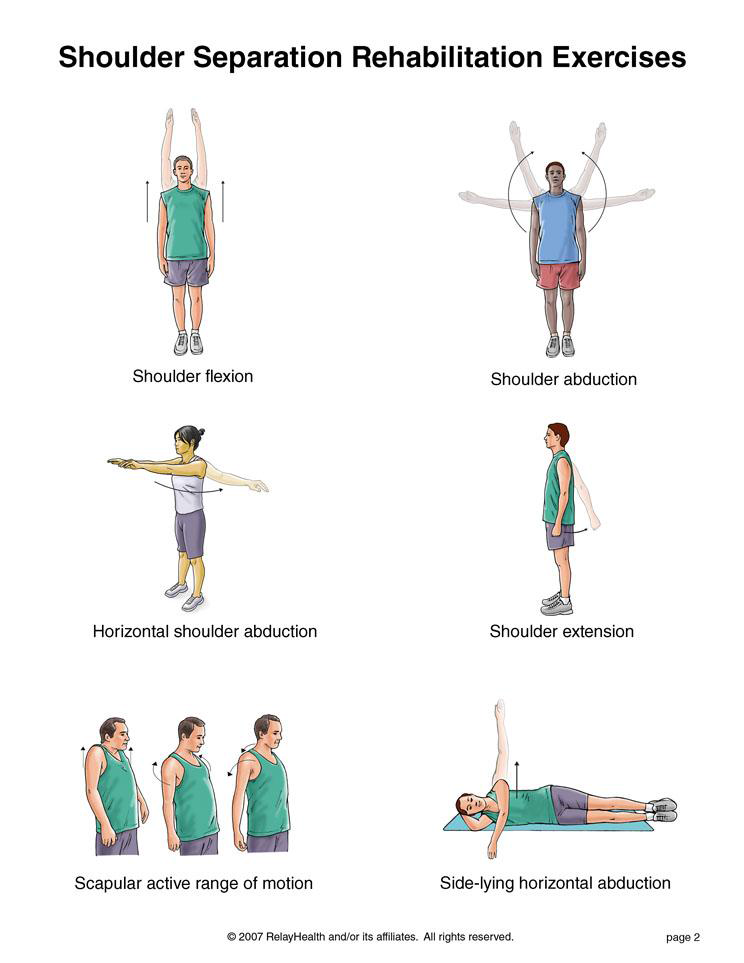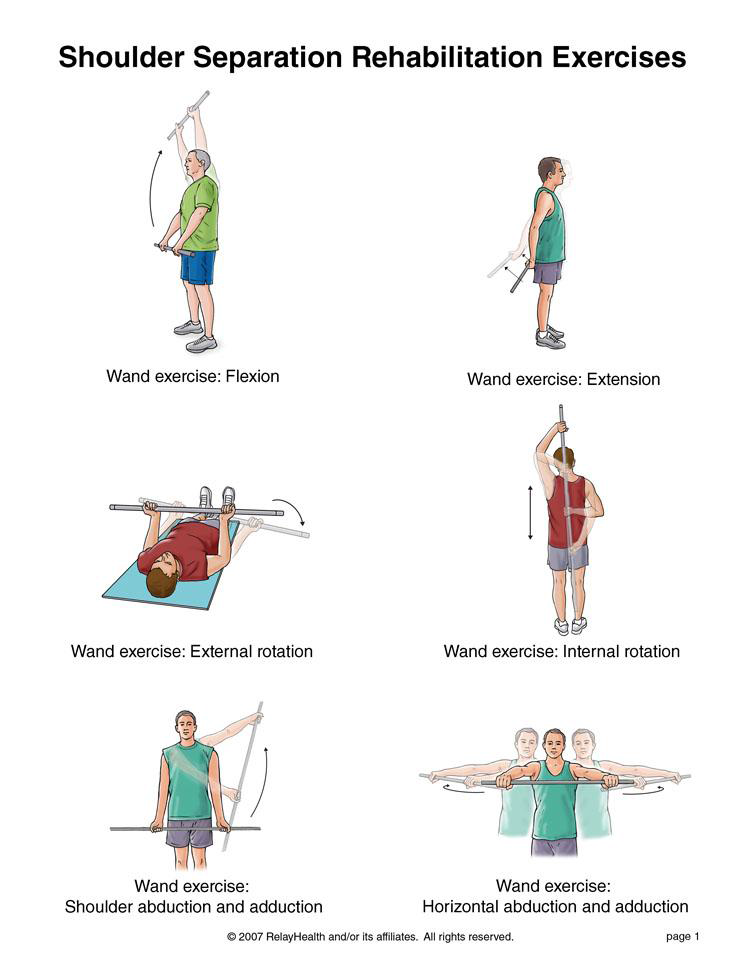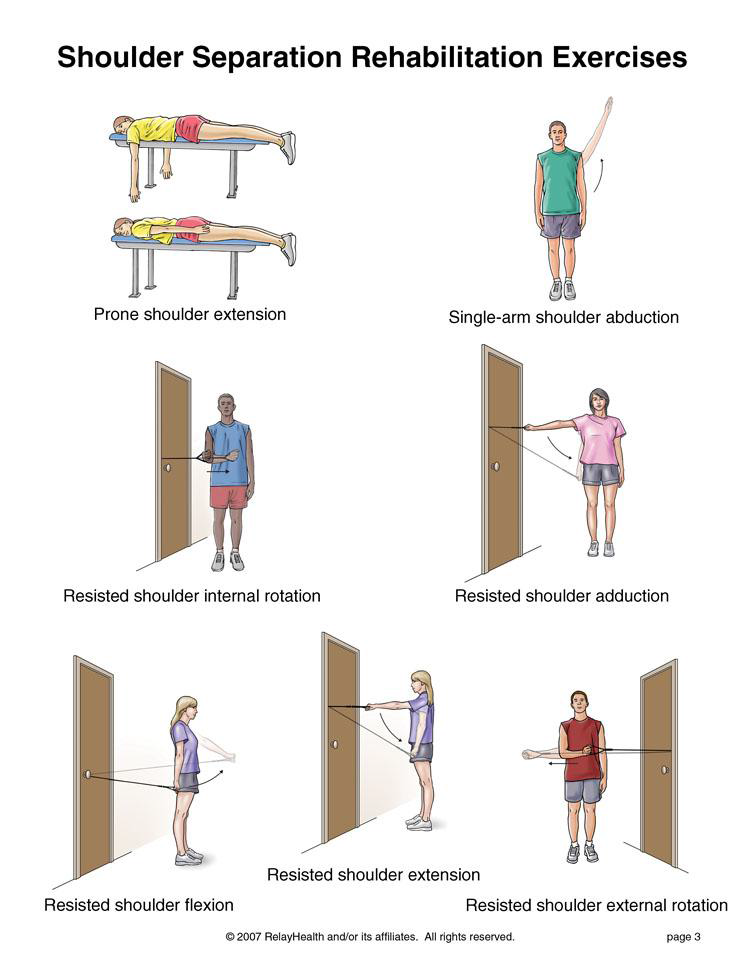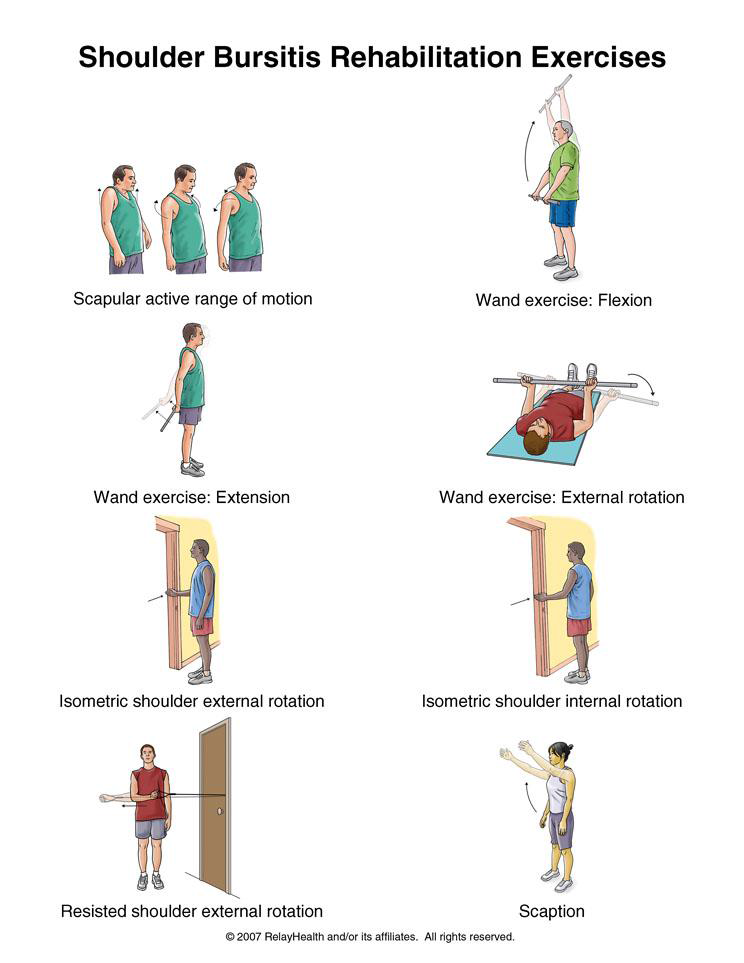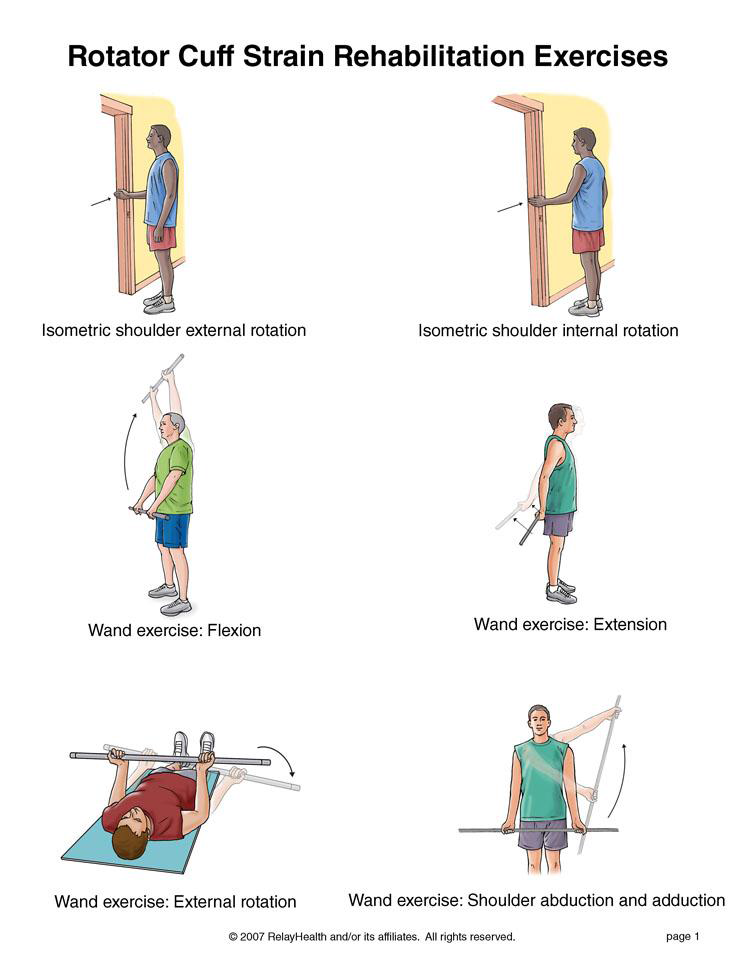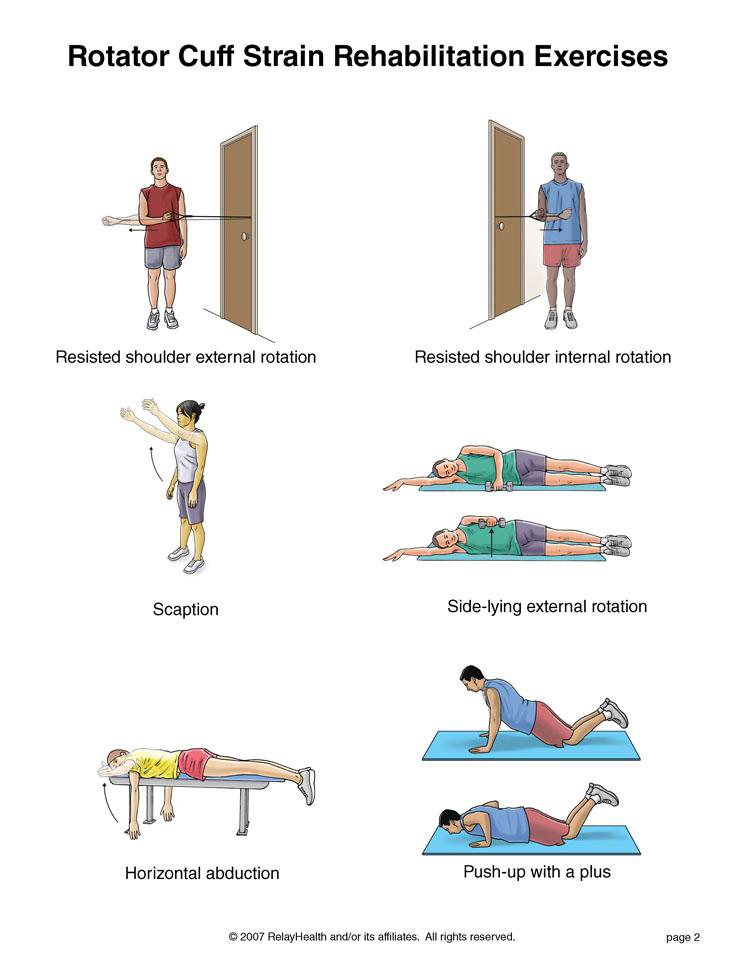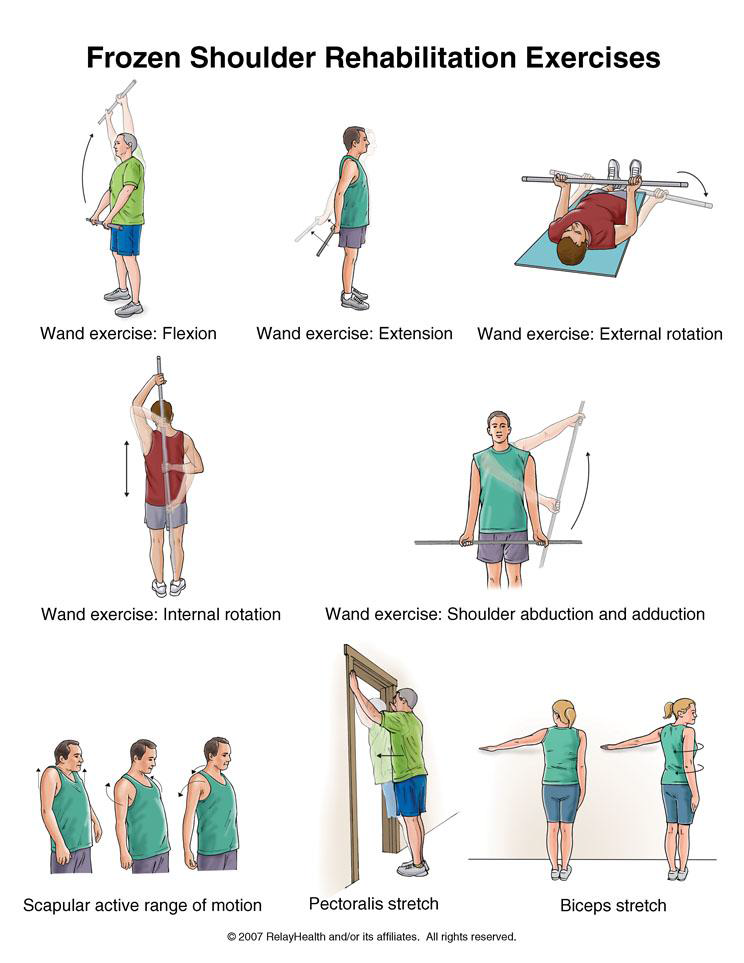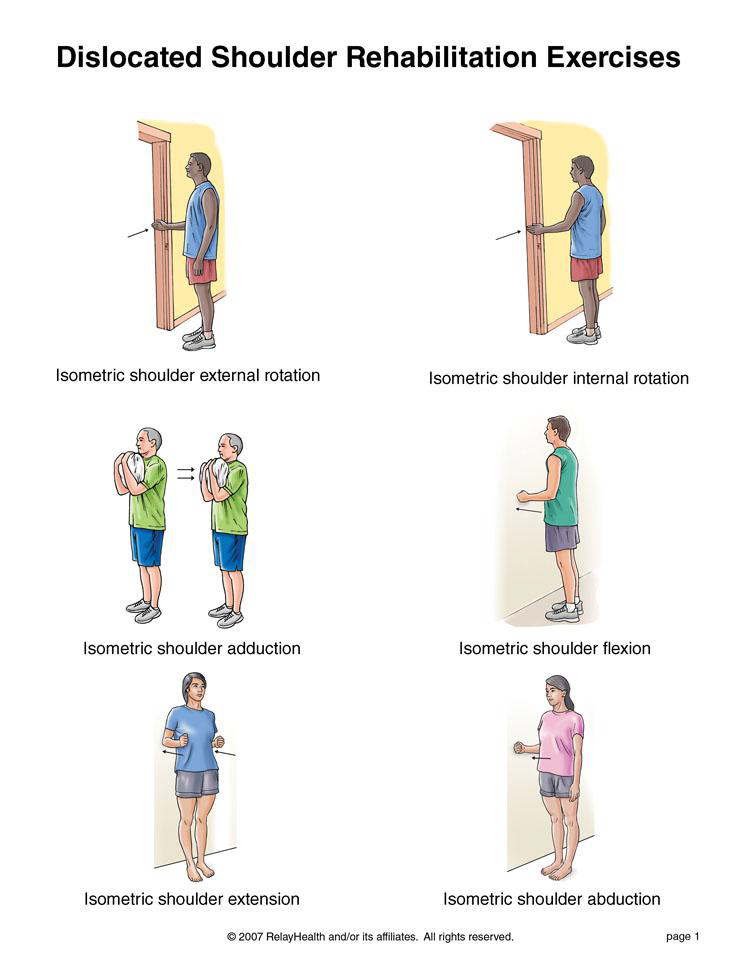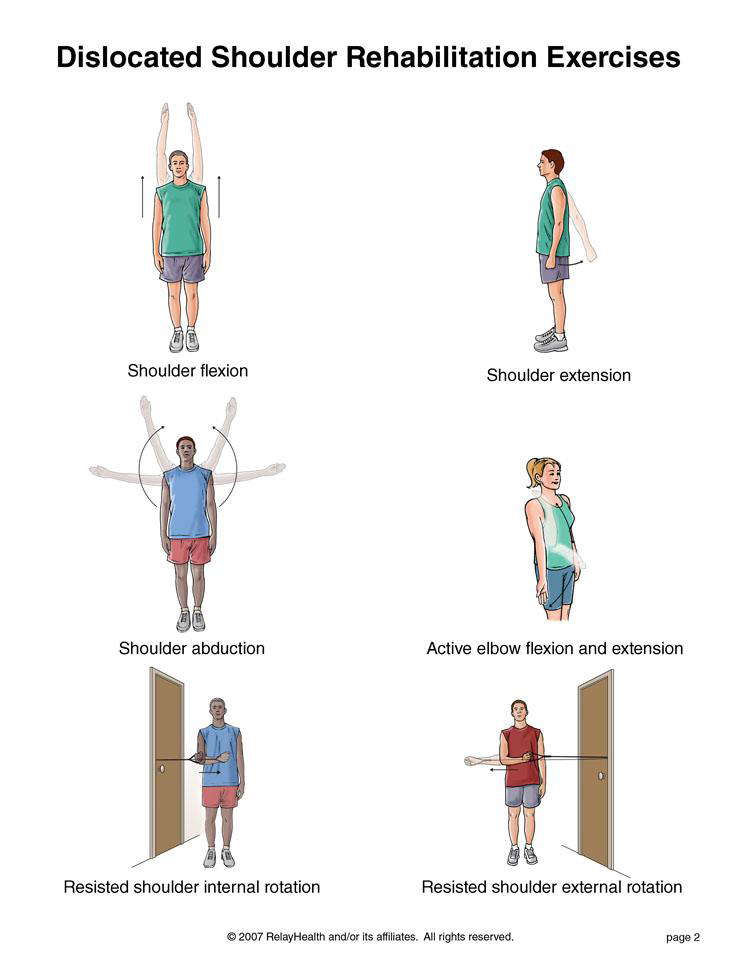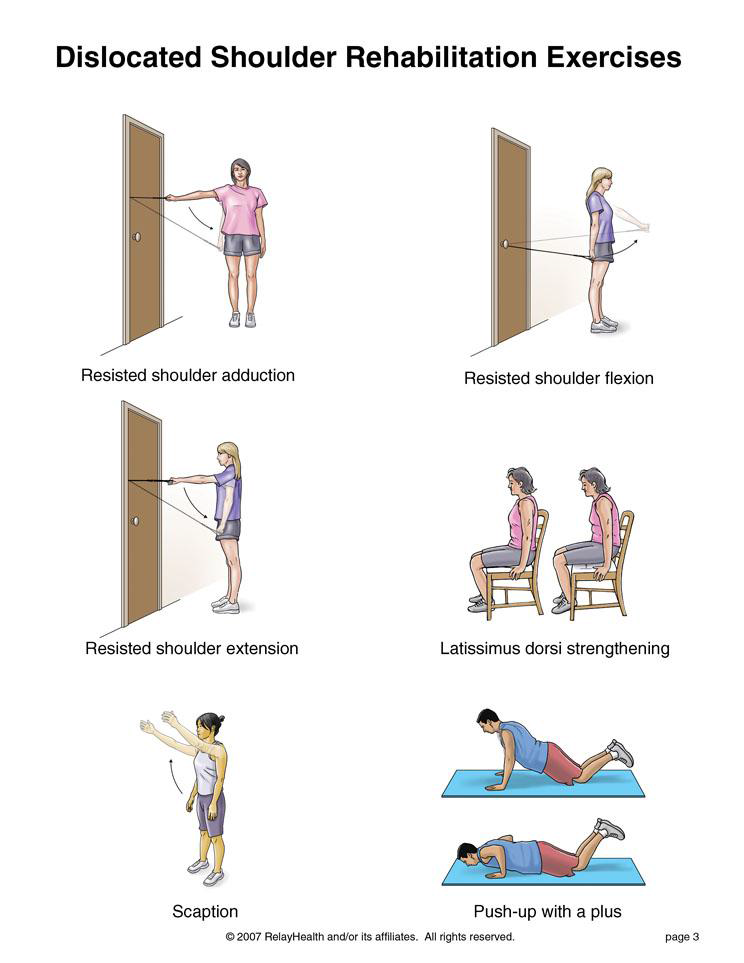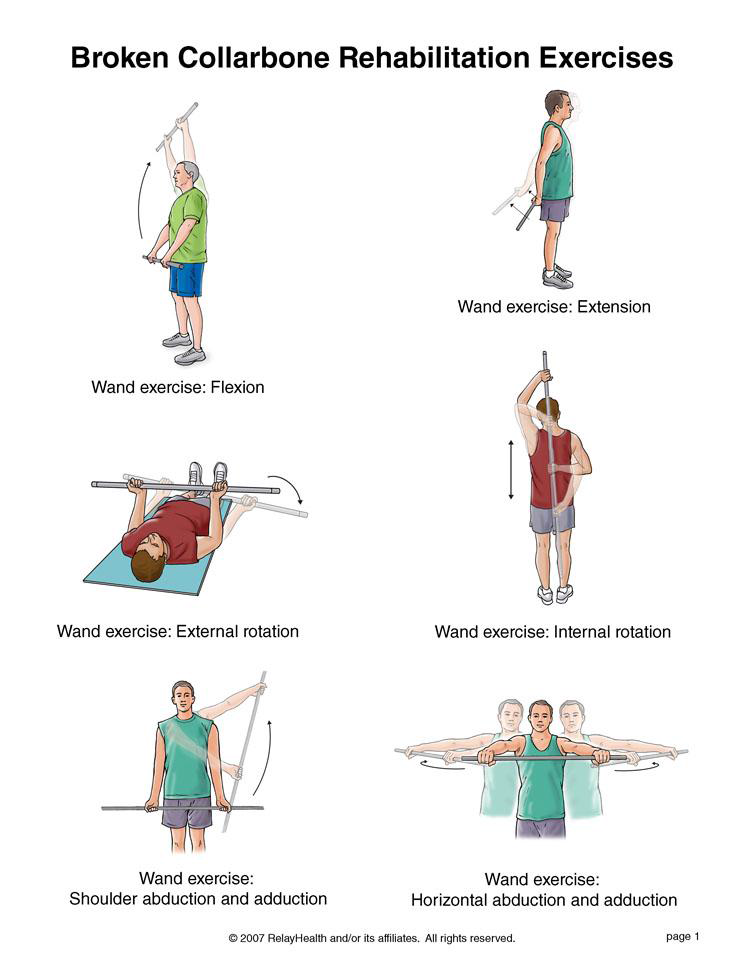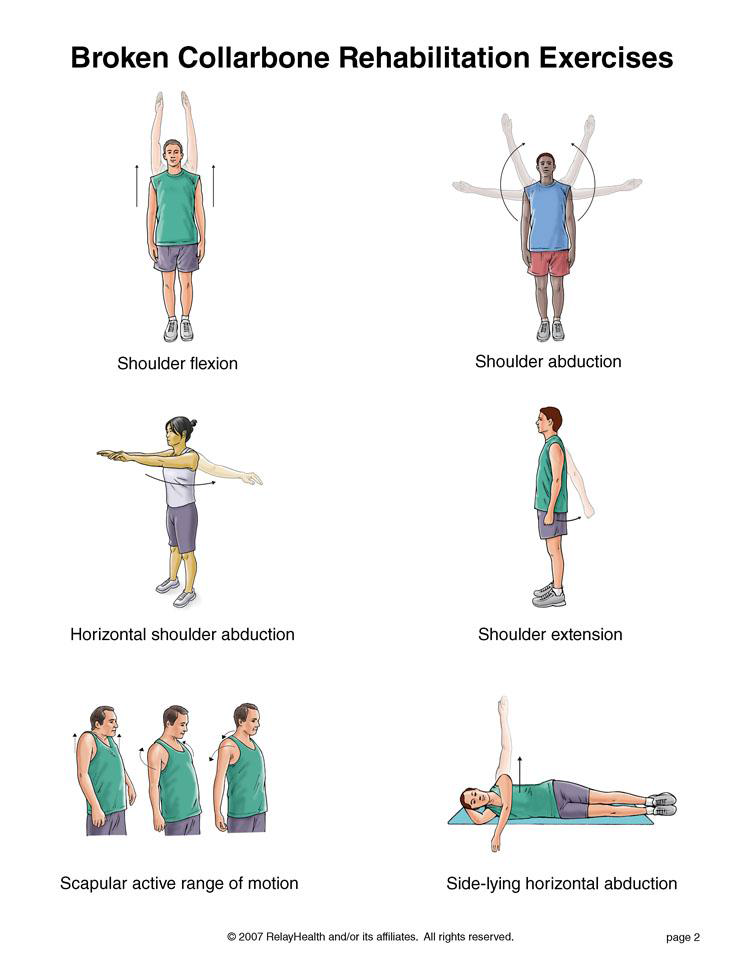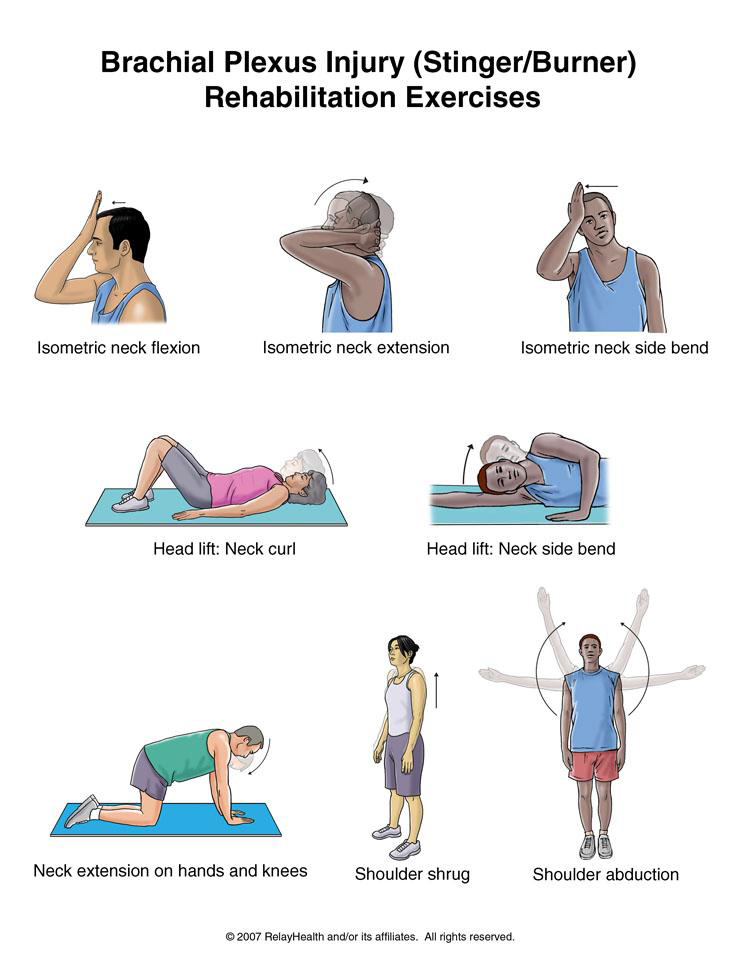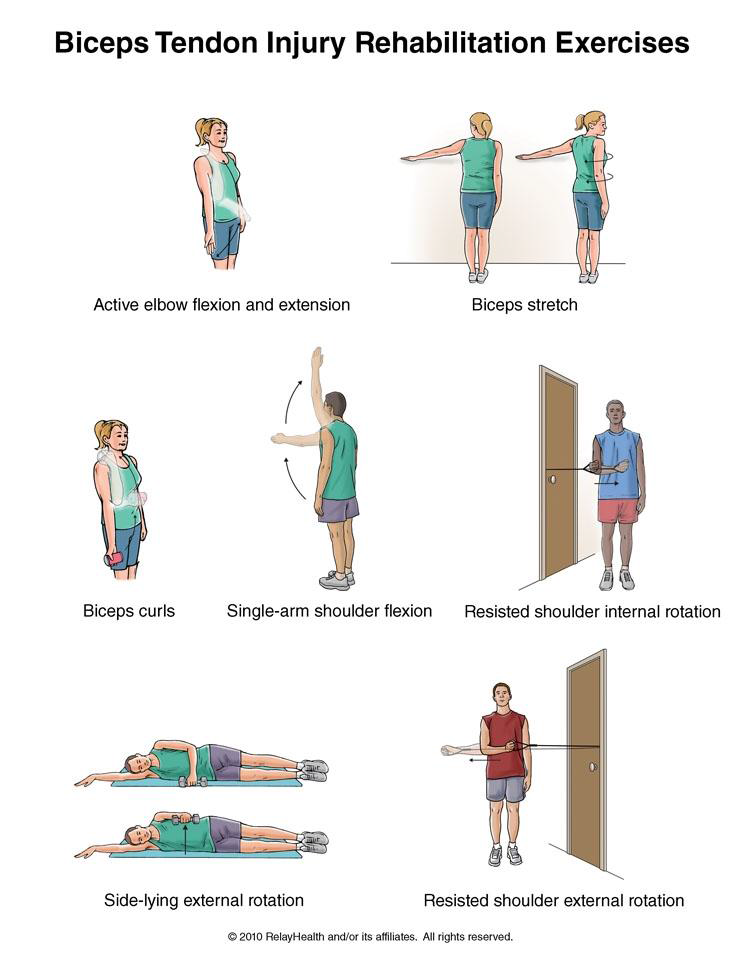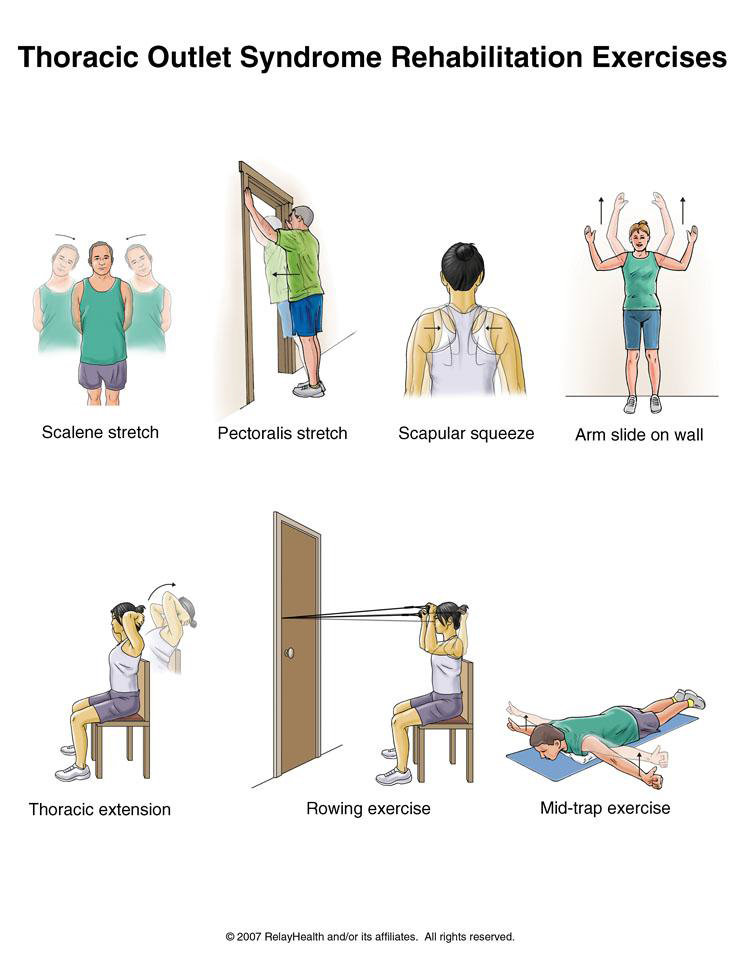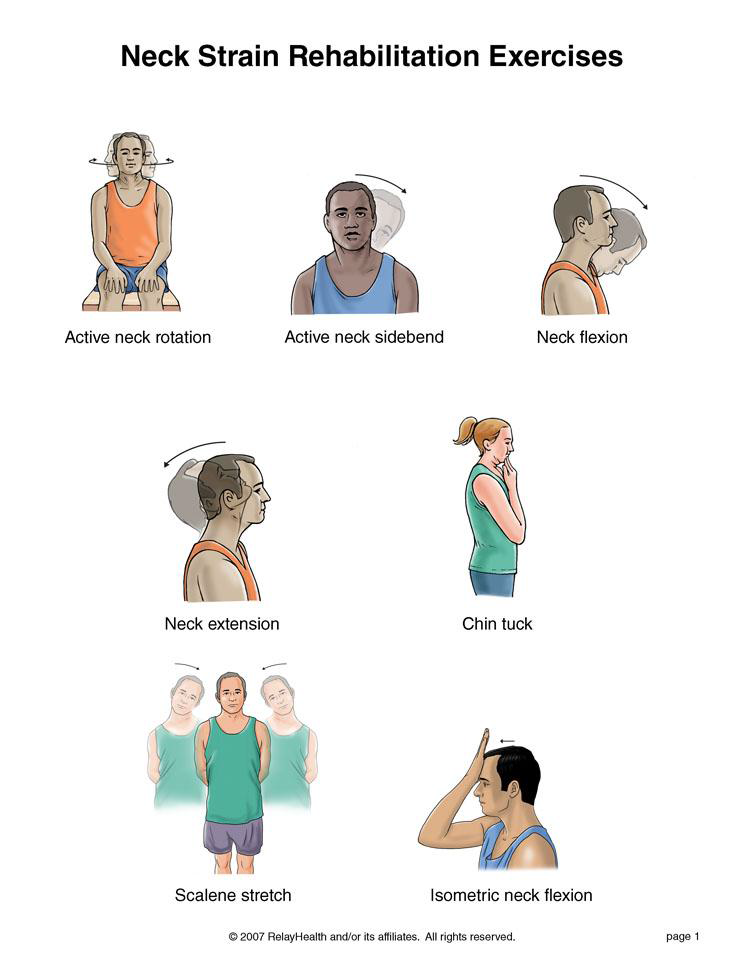The Science of Wellness: How Lifestyle Practices Influence Human Physiology
Introduction
Wellness isn’t just a buzzword; it’s a holistic approach to health that encompasses physical, mental, and emotional well-being. While genetics play a role in determining our health outcomes, lifestyle factors such as diet, exercise, sleep, stress management, and social connections exert profound effects on our physiology. In this comprehensive guide, we’ll explore the intricate relationship between wellness practices and human physiology, shedding light on the underlying mechanisms through which lifestyle choices impact our bodies at the molecular, cellular, and systemic levels.
Nutrition and Metabolism
The food we eat serves as fuel for our bodies, providing the essential nutrients needed for energy production, cellular function, and tissue repair. A balanced diet rich in whole foods, fruits, vegetables, lean proteins, and healthy fats supports optimal physiological functioning while reducing the risk of chronic diseases such as obesity, diabetes, and cardiovascular disorders. Carbohydrates, proteins, and fats are macronutrients that undergo digestion and metabolism to generate ATP (adenosine triphosphate), the body’s primary energy currency. Macronutrient balance, along with micronutrient intake (vitamins, minerals, antioxidants), influences metabolic processes, hormone regulation, and immune function.
Exercise and Physical Fitness
Regular exercise is not only essential for maintaining a healthy weight and cardiovascular health but also exerts profound effects on physiological systems throughout the body. Aerobic exercise, such as running, cycling, and swimming, improves cardiovascular fitness, enhances oxygen delivery to tissues, and stimulates the release of endorphins, neurotransmitters that promote mood elevation and stress reduction. Strength training exercises, meanwhile, increase muscle mass, bone density, and metabolic rate, contributing to overall strength, mobility, and metabolic health. Exercise-induced adaptations include improvements in insulin sensitivity, lipid profile, blood pressure, and inflammatory markers, reducing the risk of metabolic syndrome and chronic inflammation.
Sleep and Circadian Rhythms
Quality sleep is essential for physical and mental well-being, serving as a time for rest, repair, and rejuvenation. During sleep, the body undergoes essential physiological processes, including tissue regeneration, hormone regulation, memory consolidation, and immune system modulation. Disruptions to the sleep-wake cycle, such as sleep deprivation or irregular sleep patterns, can impair cognitive function, mood stability, and metabolic health. Chronic sleep disturbances have been linked to an increased risk of obesity, insulin resistance, hypertension, and mood disorders.
Stress Management and Hormonal Balance
Chronic stress triggers a cascade of physiological responses, including the release of stress hormones such as cortisol and adrenaline, activation of the sympathetic nervous system (fight-or-flight response), and suppression of the parasympathetic nervous system (rest-and-digest response). Prolonged stress exposure can dysregulate hormone levels, suppress immune function, and contribute to systemic inflammation, increasing the risk of stress-related disorders such as anxiety, depression, insomnia, and gastrointestinal problems. Mind-body practices such as meditation, deep breathing, yoga, and progressive muscle relaxation promote relaxation, activate the parasympathetic nervous system, and mitigate the detrimental effects of chronic stress on physiology.
Social Connections and Emotional Well-being
Human beings are social creatures wired for connection, and interpersonal relationships play a crucial role in shaping our physiological responses to stress, adversity, and life events. Strong social support networks have been associated with better mental health, immune function, and longevity, while social isolation and loneliness are risk factors for poor health outcomes and mortality. Positive social interactions release feel-good neurotransmitters such as oxytocin and dopamine, which promote bonding, trust, and emotional resilience. Cultivating meaningful relationships, engaging in social activities, and seeking support from friends, family, and community networks are essential for nurturing emotional well-being and maintaining physiological equilibrium.
The practice of wellness encompasses a range of lifestyle choices and behaviors that profoundly influence human physiology at multiple levels. From nutrition and exercise to sleep, stress management, and social connections, each aspect of wellness plays a unique role in promoting optimal health and vitality. By adopting healthy habits and prioritizing self-care, individuals can harness the power of lifestyle medicine to optimize physiological function, prevent chronic disease, and enhance overall quality of life. Remember, wellness is not a destination but a journey, and each positive choice brings us closer to achieving our full potential for health and well-being.


